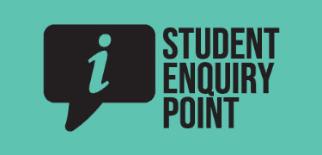The Equality Act 2010 is a UK law that protects individuals from discrimination based on protected characteristics, including disabilities. It requires educational institutions to ensure that students with a disability are not placed at a substantial disadvantage compared to non-disabled peers.
Find out more about the Equality Act 2010 and how you can make reasonable adjustments to support our students.
Reasonable Adjustments at the University of Cumbria
The University of Cumbria is committed to supporting disabled students through anticipatory and individual reasonable adjustments. These include:
- Accessible Learning Environments: Modifications to teaching spaces, classroom technology, and learning resources.
- Assessment Adjustments: Alternative formats or methods to demonstrate learning outcomes without compromising academic standards.
- Specialist Support: Access to non-medical help such as mentoring, study skills support, and mental health services.
- Inclusive Practices: Embedding disability equality into recruitment, enrolment, teaching, placements, and graduation processes.
The university aims to ensure that all students, regardless of disability, can meet the professional and academic standards of their chosen courses while receiving the support they need.

-521x521.jpeg) Welcome to our dedicated space for supporting students with disabilities—a place where inclusion, accessibility, and empowerment come first. Every student deserves the opportunity to thrive academically, socially, and emotionally, regardless of their abilities. This webpage is designed to provide resources, guidance, and inspiration for University staff, fostering an environment where everyone can succeed.
Welcome to our dedicated space for supporting students with disabilities—a place where inclusion, accessibility, and empowerment come first. Every student deserves the opportunity to thrive academically, socially, and emotionally, regardless of their abilities. This webpage is designed to provide resources, guidance, and inspiration for University staff, fostering an environment where everyone can succeed.